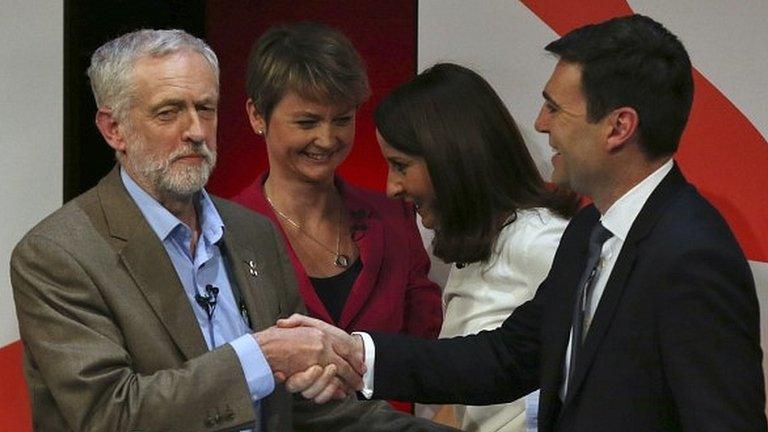Labour needs fresh start with business, says Cooper
- Published

Yvette Cooper distanced herself from some of Ed Miliband's policies
Labour has alienated business with rhetoric that appears to "knock down" wealth creators, leadership contender Yvette Cooper has said.
She distanced herself from several of Ed Miliband's business policies, saying Labour was perceived as being "anti-growth and ultimately anti-worker".
Labour must consult more closely with business leaders and focus on science and hi-tech jobs, she said.
Ms Cooper is one of four candidates, with a winner to be named in September.
Another candidate, Andy Burnham, has already called for a referendum on the UK's membership of the EU - promised by the Conservatives - to be brought forward to 2016 in order to end uncertainty for business.
Mr Burnham has been boosted by an endorsement from Dan Jarvis, the former soldier regarded as one of Labour's rising stars. He told the BBC Mr Burnham had a "basic authenticity" and would be able to reconnect with voters who had deserted the party.
'Fresh start'
Shadow home secretary Ms Cooper is seeking to position herself as the pro-business candidate as the contest - in which Mary Creagh and Liz Kendall are also taking part - gets under way in earnest.

Analysis: BBC political correspondent Eleanor Garnier
Just days ago Yvette Cooper stood side by side with Ed Miliband as they fought the general election campaign together.
As shadow home secretary she would have signed off Labour's manifesto and helped to shape the party's election strategy.
But now the wife of Ed Balls, the former shadow chancellor, has strongly criticised Ed Miliband and, in her pitch to be the candidate of the centre, has promised to lead a reformed, pro-business Labour Party.
But there's more support for her main rival, Andy Burnham, who has won the backing of Dan Jarvis.
Before he ruled himself out of the race, Mr Jarvis was the man many in Labour had pinned their hopes on as the new leader.
He said Labour should be proud of its links with the unions and admitted the party wasn't as disciplined with the country's finances as it should have been before 2007.

Setting out her stall in a series of newspaper interviews, Ms Cooper called for a "fresh start" to Labour's relations with business.
She criticised what she said was former leader Mr Miliband's failure to fully engage with business over the past five years, and the tone of some of his interventions.
Mr Miliband's 2011 conference speech, in which he sought to distinguish between "producer" and "predator" companies, was mistaken as it sounded like Labour was dividing the economy into "two camps", she said.
"It sounded anti-business, anti-growth and ultimately anti-worker for the many people employed by large companies in the UK," she said.
While Labour had talked a lot about stopping workers from being exploited and consumers from being ripped off, she said the party had not convinced the public that it understood enterprise and was sufficiently focused on creating jobs and growing the economy.
'Rude surprises'
Ms Cooper also argued that Labour should drop its opposition to the government's cut in corporation tax to 20%, and also focus on boosting productivity by investing in advanced manufacturing and aspiring to make the UK the science and technology capital of Europe.
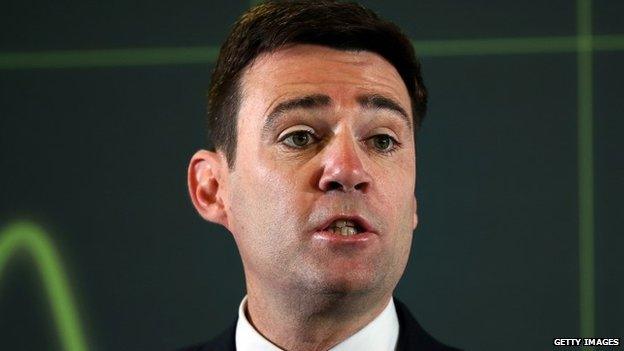
Mr Burnham has been hailed as the "unifying" candidate by a leading backbencher
Ms Cooper pledged to set up a business advisory group including non-Labour supporters, if she became leader, ensuring regular dialogue with the business community rather than "rude surprises that backfire".
"We need to reset out relationship with business around a shared vision for building an economy that faces the future," she said. "The opportunities of the digital economy and of 'knowledge intensive' jobs must be seized by both our government and businesses."
'Real appeal'
All the four declared contenders are making pitches to different groups at the start of what will be a three-month campaign, with the early skirmishes focusing on Labour's record in government, particularly on spending, and its relationship with the unions.
Sources told the BBC that Ms Cooper already had the support of the 35 MPs required for candidates to get on the ballot paper, after the names of 14 backers, including a number of shadow ministers, were released.
Ms Kendall has called for a "fundamentally different approach" from the next Labour leader on issues such as public sector reforms, while Ms Creagh has said Labour failed to articulate a plan to make the UK more competitive.
Labour's outgoing leader in the House of Lords has suggested that whoever is elected in September could be "reaffirmed" in 2018.
Baroness Royall said Labour might choose to reconsider whether they had the right man or woman to go forward to the 2020 election, taking into account changes in the political landscape after the EU referendum and a possible new Conservative leader.
- Published18 May 2015
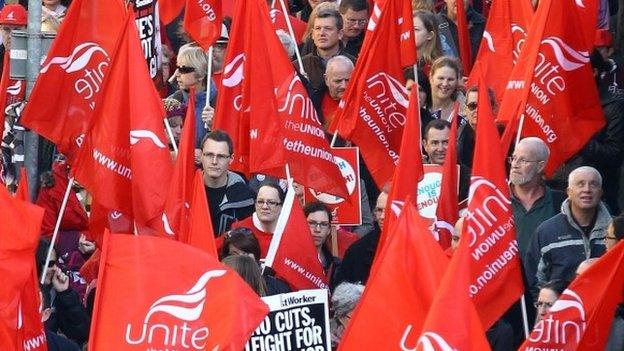
- Published17 May 2015
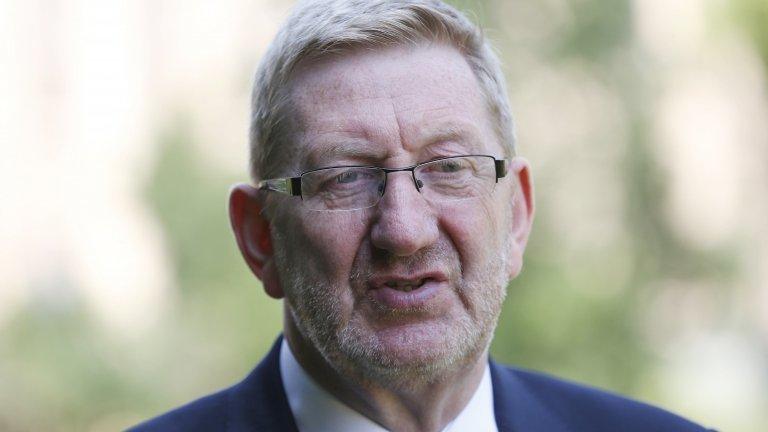
- Published16 May 2015
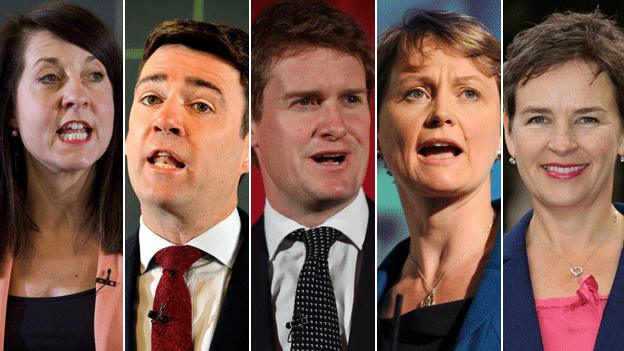
- Published12 September 2015
